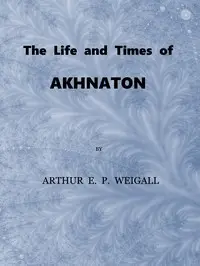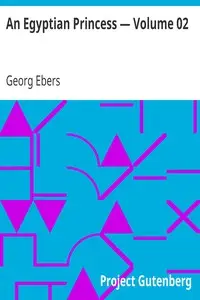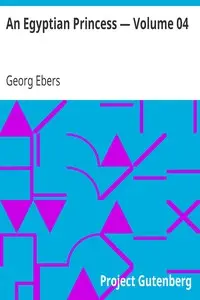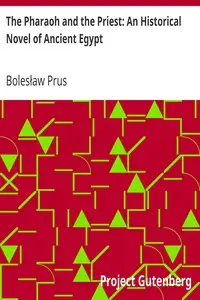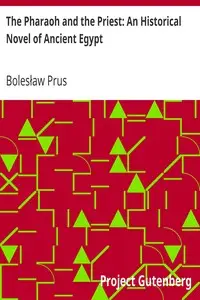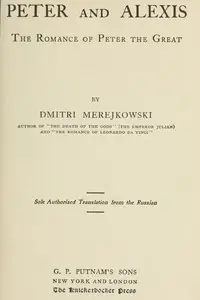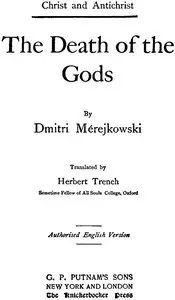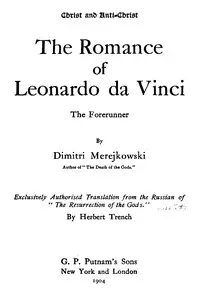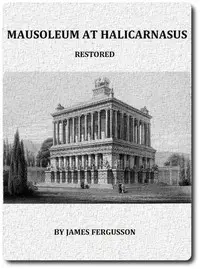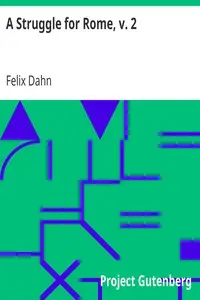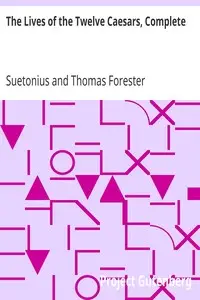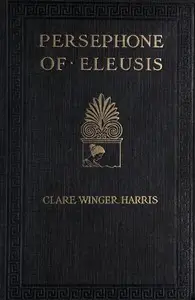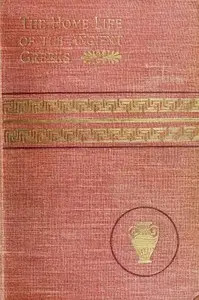"Akhnaton, King of Egypt" by Dmitry Sergeyevich Merezhkovsky is a historical fiction set in ancient Egypt, focusing on the reign of Pharaoh Akhnaton and his revolutionary religious reforms. The story begins with Dio, a dancer from Crete saved by Tutankhaton, and Pentaur, an ex-priest of Amon, as they navigate a society in turmoil. Dio learns Egyptian dances while she and Pentaur talk about the upheaval caused by Akhnaton's introduction of the god Aton, replacing the traditional gods, igniting religious tensions and societal conflict and political intrigue, hinting at a looming rebellion against the pharaoh.
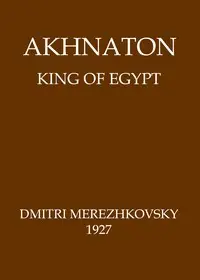
Akhnaton, King of Egypt
By Dmitry Sergeyevich Merezhkovsky
Amidst ancient Egypt's religious revolution, a dancer and a former priest find themselves entangled in a web of faith, love, and impending rebellion against a visionary pharaoh.
Summary
About the AuthorDmitry Sergeyevich Merezhkovsky was a Russian novelist, poet, religious thinker, and literary critic. A seminal figure of the Silver Age of Russian Poetry, regarded as a co-founder of the Symbolist movement, Merezhkovsky – with his wife, the poet Zinaida Gippius – was twice forced into political exile. During his second exile (1918–1941) he continued publishing successful novels and gained recognition as a critic of the Soviet Union. Known both as a self-styled religious prophet with his own slant on apocalyptic Christianity, and as the author of philosophical historical novels which combined fervent idealism with literary innovation, Merezhkovsky became a nine-time nominee for the Nobel Prize in literature, which he came closest to winning in 1933. However, due to contested claims that he expressed regard for Fascism as a lesser evil than Communism during the outbreak of war between Germany and the USSR shortly prior to his death, his work largely fell into neglect after World War II.
Dmitry Sergeyevich Merezhkovsky was a Russian novelist, poet, religious thinker, and literary critic. A seminal figure of the Silver Age of Russian Poetry, regarded as a co-founder of the Symbolist movement, Merezhkovsky – with his wife, the poet Zinaida Gippius – was twice forced into political exile. During his second exile (1918–1941) he continued publishing successful novels and gained recognition as a critic of the Soviet Union. Known both as a self-styled religious prophet with his own slant on apocalyptic Christianity, and as the author of philosophical historical novels which combined fervent idealism with literary innovation, Merezhkovsky became a nine-time nominee for the Nobel Prize in literature, which he came closest to winning in 1933. However, due to contested claims that he expressed regard for Fascism as a lesser evil than Communism during the outbreak of war between Germany and the USSR shortly prior to his death, his work largely fell into neglect after World War II.

